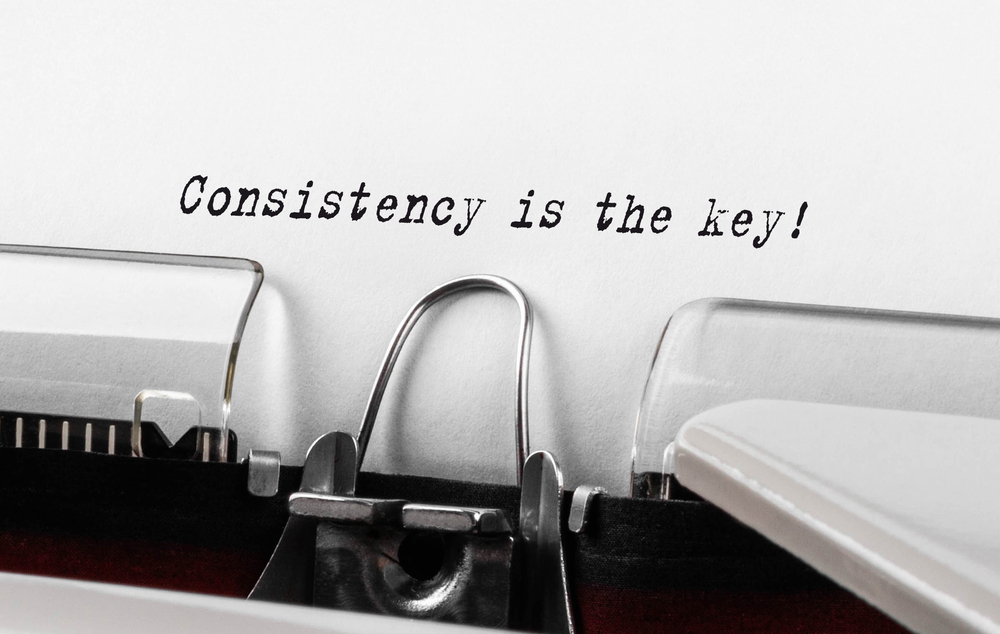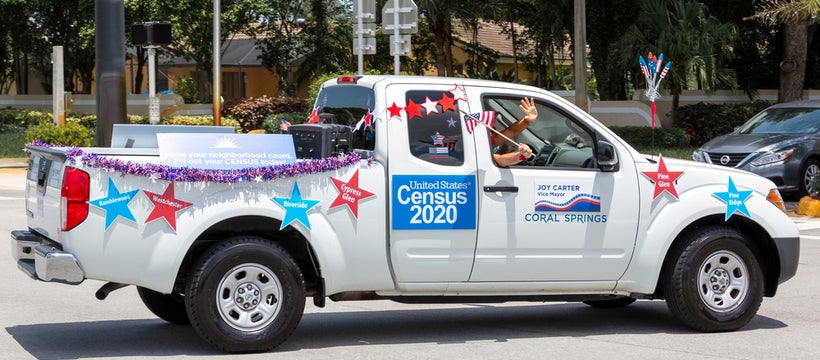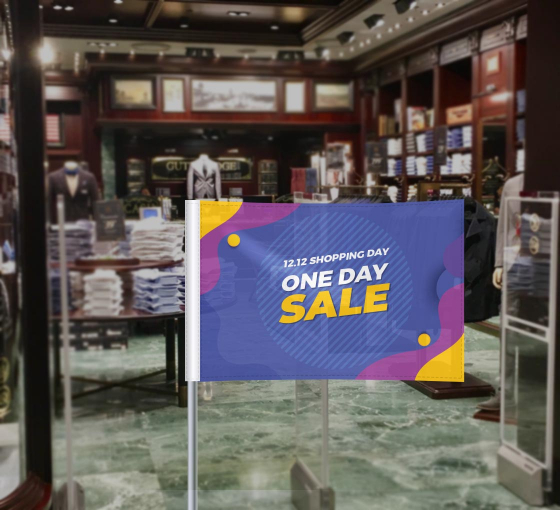As a business owner, you may feel compelled to try out new branding strategies that attract customers and develop an emotional connection with them. In the process, you might overlook consistency, which is one vital aspect that you don’t want to mess up. Inconsistency in your branding can confuse your customers, losing their connection with your business.
While every business evolves, the look and feel of your brand may change too. This is true whether you are a new setup or established. Don’t worry if you’ve been struggling with it; almost all small businesses do. Here are a few tips to help you maintain consistency across your promotional materials.
Define Your Brand
For starters, it is always a good idea to go back to the drawing board. If you haven’t already or if it’s been a while, take some time to define your brand, its mission, and values. For instance, you could be all about sustainability or helping customers find the right products for their needs. Your brand image should revolve around these ideas and translate them into action.
It could include everything from your logo to brand guidelines like colors and font to your website design. For instance, many businesses pay particular focus to custom packaging for this purpose.
If you already have a few of these in place, you may want to think about how you can achieve them with a few changes here and there. On the other hand, if you’re up for some realignment, you may want to go for drastic changes.
Put It On Paper

After you’ve decided on your mission statement and core values, it is time to put it on paper and formalize it. You may want to develop templates and guidelines to share with your employees and vendors. It will help ensure that everyone is on the same page when creating content for your brand.
Leave some room for personalized templates for your employees to use in emails, blog posts, and business cards. It will help align all your marketing materials, like canopy tents or brochures, to one voice. Lastly, remember to use the guidelines for everything like social media posts, company policies, or any messaging on flags or acrylic signs that you may want to use to communicate with the customer.
Make Your Marketing Assets Accessible
Now that your brand guidelines and templates are in place, the next step is to make them available to everyone. Make sure that you share all visual assets like logos, product images, and color guidelines with your employers, partners, and suppliers.
With all these resources readily available, your stakeholders will find it simpler to adhere to the brand during the design process. Moreover, it will enable the teams working on offline advertising to align with web campaigns and vice-versa for greater harmony. You can use online resource-sharing tools for this purpose.
Plan Your Strategies Ahead

With so many planning tools readily available, making a calendar and running multiple campaigns has become an easy task. The most significant benefit of planning is that you get ample time to perfect your messaging to maintain consistency. In addition, a calendar will allow you to get a birds-eye view of how everything synchronizes with your messaging.
When you schedule email blasts or social posts in advance, you ensure that your team isn’t working last minute and risking errors. You will also have time to adjust your promotions how you see fit. Lastly, make sure to analyze the performance of previous campaigns. It is a crucial activity that will help you know your messaging is making the desired impact.
Interact With Your Customers
All your marketing efforts may get wasted if they do not speak to your customers. Ensure that you reach out to them and have an active conversation with your clients. People may not always find you online or at your store. Use tools to reach out to them to connect and inform them of your brand and business .
Social media is an effective tool that you can use for this purpose. Make your accounts on different platforms to reach a wider audience. If possible, hire a social media manager to interact with customers online and facilitate conversations.
Final Words
Maintaining consistency in your brand is essential to keep your loyal customers interested. Moreover, it also helps attract a new audience that believes in a similar set of ethos. With the tips given above, you can now develop your brand guidelines and maintain them across all channels.







































 Posted in
Posted in 











